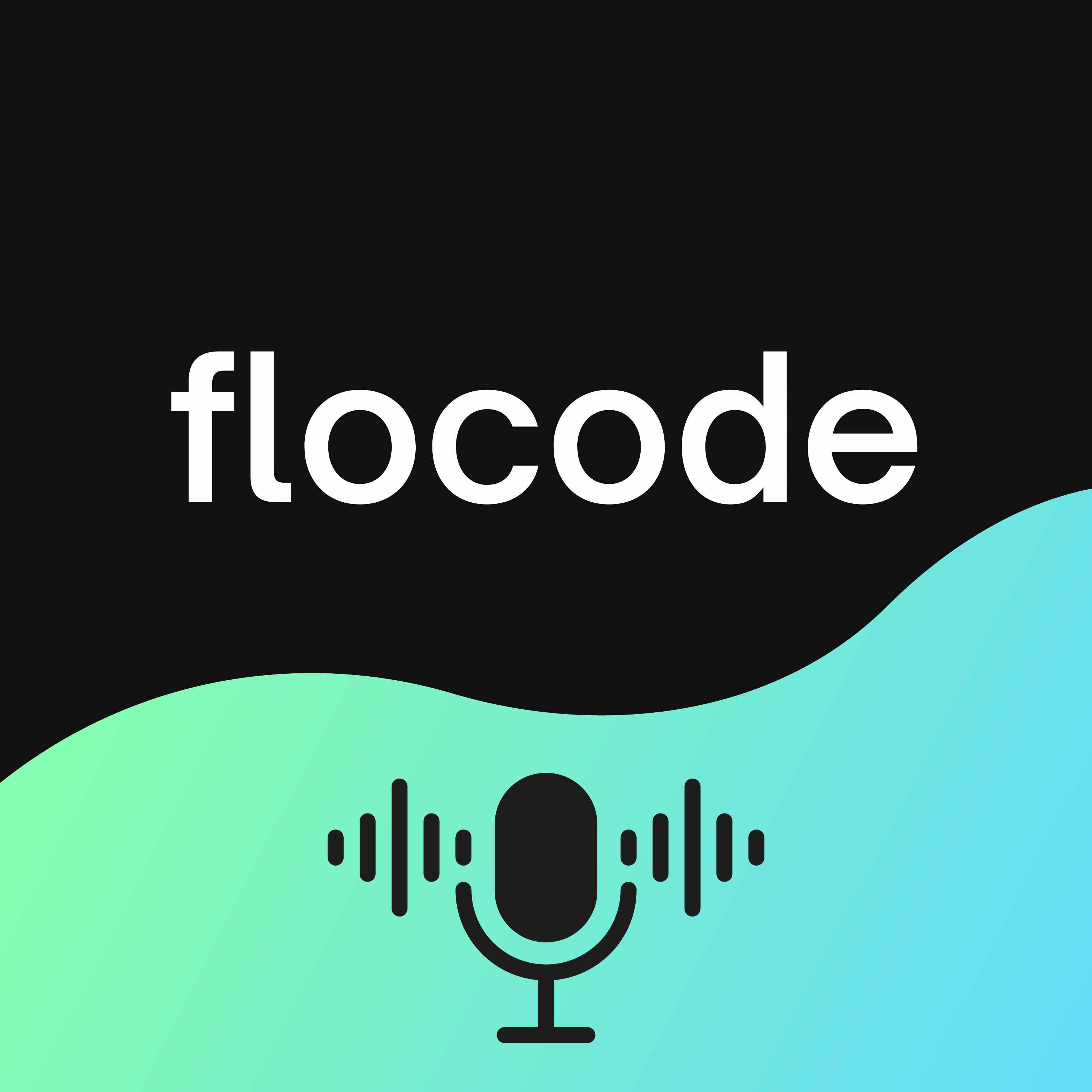#050 - Flocode Podcast 🌊 | Peter Debney - Computational Engineering
Description
Hello everyone, welcome back to another episode of the Flocode Podcast!
Today, I’m joined by Peter Debney, a chartered structural engineer with over 35 years of experience in both engineering practice and engineering software development. Peter has worked extensively with Arup as part of their Oasys software team, contributing to some of the most advanced solutions for finite element analysis (FEA), structural design, and crowd simulation.
Peter is also the author of one of my favorite engineering books, ‘Computational engineering’. It’s the first engineering book that I’ve read in a long time that made me smile. Full of practical advice and ‘engineeringisms’ that help you think more clearly. I read it on my phone during my daily commute over a few weeks. Loved it.
IStructE Online Store | Peter Debney - Computational engineering
Topics Covered in ‘Computational engineering’:
* Design (including parametric design)
* Modelling (and its problems)
* Analysis (basics and methods/linear, nonlinear, and dynamic)
* Optimization
* AI and machine learning
* The future of engineering software
I highly recommend Peter’s book to all structural engineers. It’s full of invaluable advice and insights on how to think critically about engineering and approach problems in the most practical way, and not just in relation to computational design. I wish there were more books like it.
We dive into some of these topics today, but we'll also be discussing Peter's career journey, how he transitioned from traditional structural engineering to becoming a domain expert in computational design, and his involvement with the Institution of Structural Engineers (IStructE), where he’s currently the Chair of the Yorkshire Regional Group and a member of the Digital Workflows and Computational Design Panel.
We talk about the increasing role of automation, machine learning, and AI in engineering workflows, and how computational tools are shaping the future of the industry. Peter shares his insights on avoiding common pitfalls in FEA models and the benefits of understanding structural behavior before relying on software.
We explore the mindset required for modern engineers to succeed in a world that increasingly relies on computational approaches. Peter offers great advice for young engineers on how to approach computational design, mastering problem-solving techniques, and even how learning a musical instrument can improve your understanding of dynamics in structural engineering.
Links to items discussed:
* Sydney Opera House 50 years on (A great read)
* Confessions of a Computational Engineer (Peter’s talk for IStructE on his career path)
* https://www.oasys-software.com/ (Oasys Structural Software)
I also want to acknowledge Peter's inspiring journey. He has overcome significant personal challenges, including dyslexia and speech barriers, and has become a powerful advocate for progression and adaptive approaches to neurodiversity in our profession.
Another great discussion with a fascinating character. These podcasts are a lot of fun and I appreciate the kind words from everybody, wherever you are on the planet.
I loved Peter’s book.
It reminded me of the great ‘Structures: Or Why Things Don't Fall Down’ by JE Gordon. Another great read and one that Peter noted as an inspiration.
I always welcome recommendations for new books, please comment below with your suggestions.
See you in the next one!
James 🌊
Get full access to Flocode: Engineering Insights 🌊 at flocode.substack.com/subscribe
More Episodes
Published 11/12/24
Hi all 👋,
Welcome back. Today I’m speaking to my friend, Connor Ferster.
Connor has been operating in the Python for Engineering space for a few years now and has become a leading voice. He is the founder of StructuralPython.
He is the author of the highly regarded StructuralPython course,...
Published 10/29/24
Welcome back to another episode of the Flocode Engineering Insights Podcast. Today, I’m speaking with Liam Brannigan.
Liam is an experienced data scientist, fellow Irishman, and the creator of an excellent course on Polars, one of Python’s fastest-growing data manipulation libraries.
Liam is...
Published 10/15/24


